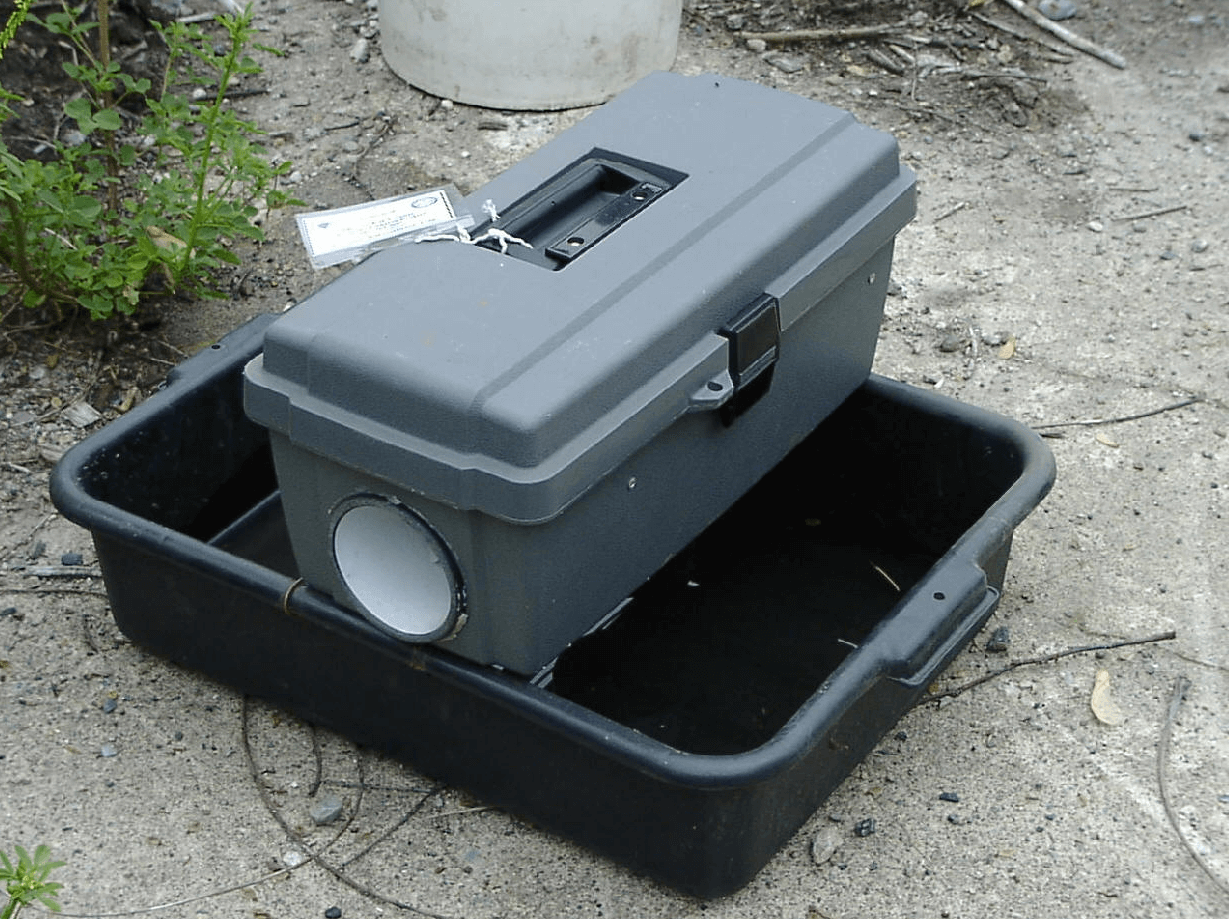The Berks County Mosquito Program ended October 31st, 2023 and will begin in April 2024
Click here to locate the current West Nile Positives in the state.
The Mosquito-Borne Disease Control Program is designed to reduce the risk of WNV and uses an Integrated Mosquito Management (IMM) strategy that includes education, surveillance, mosquito habitat reduction, natural controls, and application of larval and adult mosquito treatments.
How Can I Help?
- Remove old tires from your property. If you are unable to remove unusable tires, holes can be drilled so that water can leave the tires.
- Change water in outdoor areas: birdbaths, plastic wading pools
- Dump water from outdoor areas: Wheelbarrows, Recycling bins, planters
- Prevent puddles from forming
- Avoid throwing organic material in catch basins
- Keep swimming pools chlorinated and moving
- Report areas with high levels of stagnant water
REMEMBER: WATER SITTING LONGER THAN 4 DAYS CAN PRODUCE MOSQUITOES!
Any questions regarding the Mosquito-Borne Disease Control Program in Berks County can be directed to the Program Coordinator at:
jolie.coates@berkscd.com
610-372-4657 Ext. 218
To be added to our Mosquito email letters, please email the coordinator at jolie.coates@berkscd.com
Surveillance
Mosquito traps are set at over 150 sites across the county, including wastewater treatment plants, storm-water basins, recreational areas, and private residences. Samples are processed and species are identified, and vector species are tested for West Nile virus. To suppress populations of both vector and nuisance mosquitoes, technicians reduce mosquito habitat when possible. Larvicide and adulticide products are used after all other measures have been taken. Each municipality is surveyed each month from April through September.

Mosquito Control
Mosquitoes in Berks County can be quite a nuisance, and in some cases, even a threat to human health. The BCCD Mosquito Team exists to help prevent an outbreak of West Nile Virus and other mosquito-borne diseases throughout the county.
The first, and most important, step to managing mosquito populations is habitat reduction, although sometimes using control products is inevitable.
Larvicides
Below are the larvicides that our Vector Team uses:
- VectoBac GS Label
- VectoLex FG Label
- VectoPrime Label
- FourStar CRG - Label
- Altosid-Briquets - Label
- VectoLex WSP
- Altosid Briquets Label
- BVA2 Label
Adulticides
Using products to control adult mosquitoes are our very last resort when controlling West Nile Virus. We only use these products after all other precautions have been taken.
Below are the labels for the adulticides that our team uses:
Dead Bird Reporting
Due to the rise and spread of the Avian Flu in Southern Pennsylvania, please report dead birds by clicking the following link : Dead Bird Reporting Form
Birds can be collected for WNV testing, from April 1st through October 30th. If you are interested in submitting a dead bird for testing, call your Mosquito-Borne Disease Control Program Coordinator to see if they are still accepting submissions and for instructions on how and where to submit.
- Only crows, jays, hawks, and owls are accepted for WNV testing.
- Birds must be dead less than 48 hours with no obvious signs of trauma.
- Place ice packs on top of bird and place a bucket over it, until it can be submitted. Do not freeze the specimen.
- Avoid bare-hand contact when handling dead birds. Use rubber gloves when handling a dead bird. If you do not have gloves, insert your hand into a plastic bag, grasp the bird carefully and invert the bag over the bird. Each bird should be placed in a tied plastic bag, and then placed inside a second tied bag.
- If you are not submitting the bird for testing, the bagged bird can be placed in the trash.
